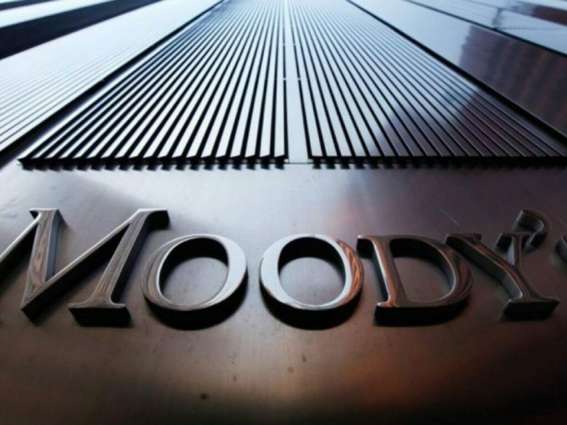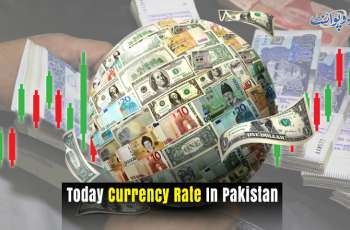Moody also warns of a downgrade if Pakistan defaults on its debt obligations to private-sector creditors and if the anticipated losses exceed what is typical for a Caa3 rating.
HONG KONG: (UrduPoint/Pakistan Point News-Feb 28th, 2024) Moody’s, a leading global agency, affirmed Pakistan's long-term issuer rating at Caa3 on Tuesday.
The latest reports suggest that Pakistan is expected to fulfill its external debt obligations until June 2024.
However, the uncertainties exist regarding the country's ability to secure financing for its high external financing needs post the conclusion of the current IMF Stand-By Arrangement in April 2024.
Moody’s highlighted the heightened political risks following controversial general elections.
Despite indications of a coalition government formation, uncertainties persist about its readiness to swiftly negotiate a new IMF program after the current one expires in April.
The agency indicated a possible upgrade in Pakistan's rating if liquidity and external vulnerability risks decrease substantially and persistently. However, it warned of a downgrade if Pakistan defaults on its debt obligations to private-sector creditors and if the anticipated losses exceed what is typical for a Caa3 rating.
Pakistan's credit profile, according to Moody’s, reflects very high liquidity and external vulnerability risks due to low foreign exchange reserves compared to its financing needs. Weak fiscal strength and elevated political risks also weigh on its credit profile, although the country's large economy and moderate growth potential contribute to moderate economic strength.
The Bank of America (BofA) recently upgraded Pakistan's global Eurobond to 'overweight,' expecting an improvement in the country's credit rating following reduced political uncertainty post-elections. However, Moody’s negated this optimism, citing persistent political risks and the ongoing challenge of meeting IMF conditions for reforms.
While the caretaker government has maintained economic stability and initiated some reforms, the liquidity and external vulnerability risks remain high. The coalition government's ability to pursue necessary reforms may be hindered by its electoral mandate's strength.
Until a new IMF program is agreed upon, Pakistan's ability to secure loans from other bilateral and multilateral partners will be significantly limited, according to the report.




